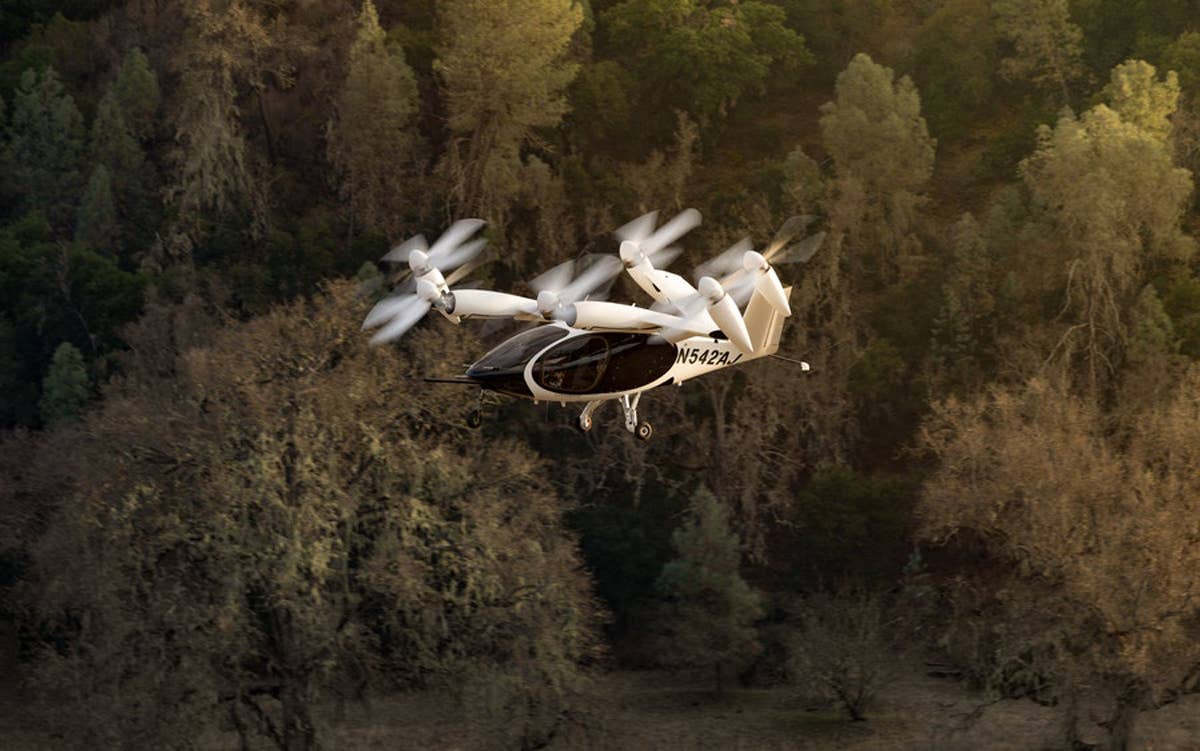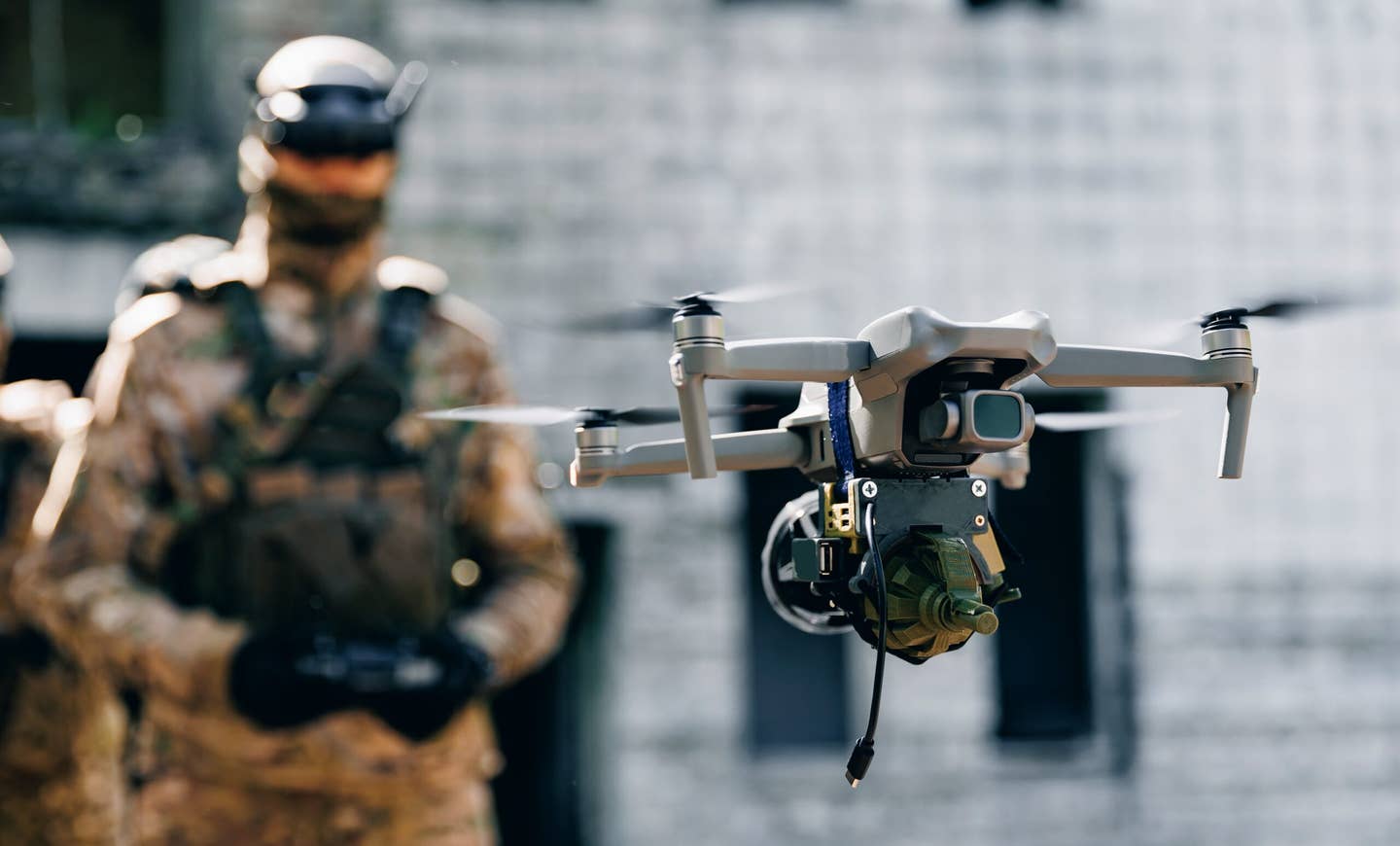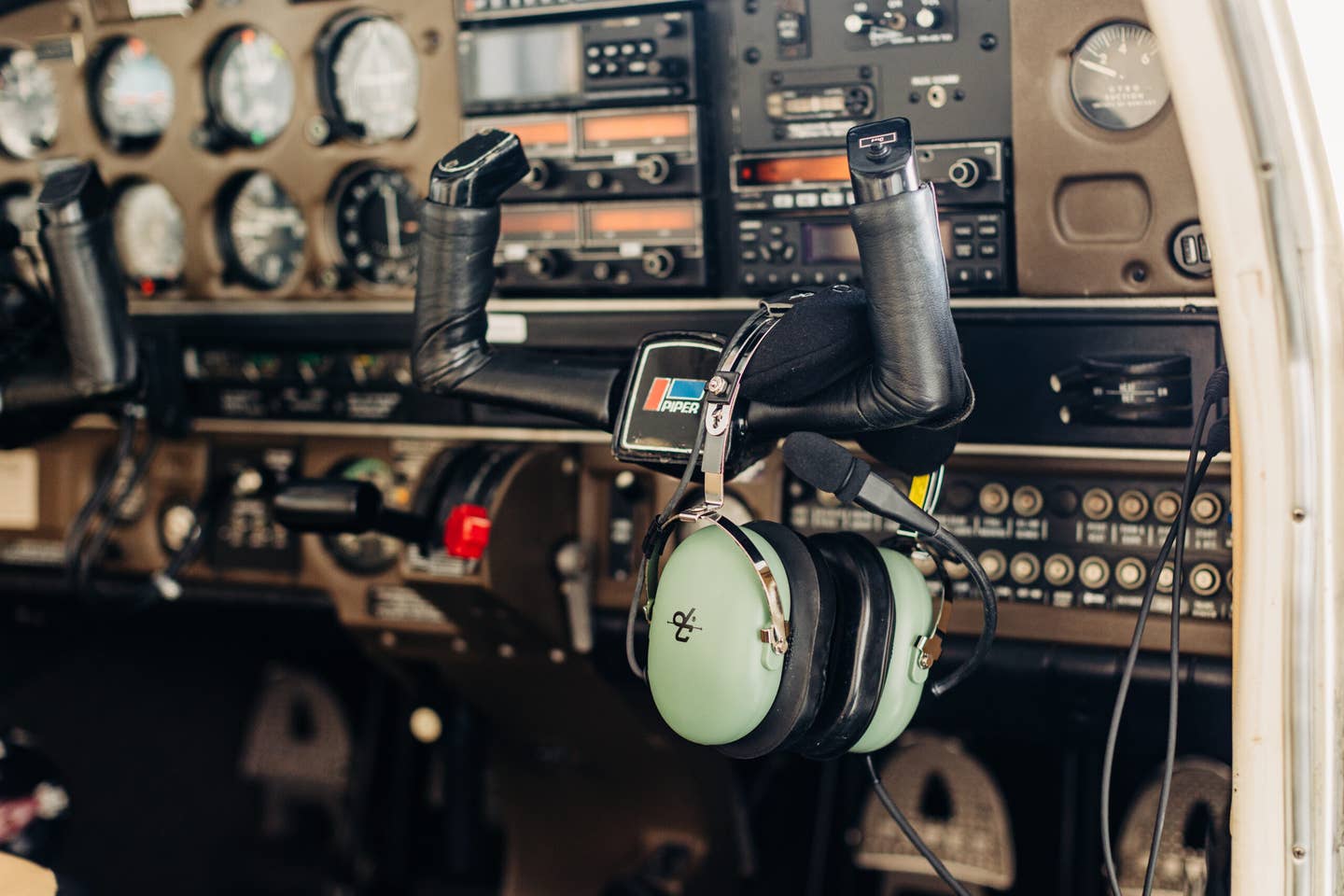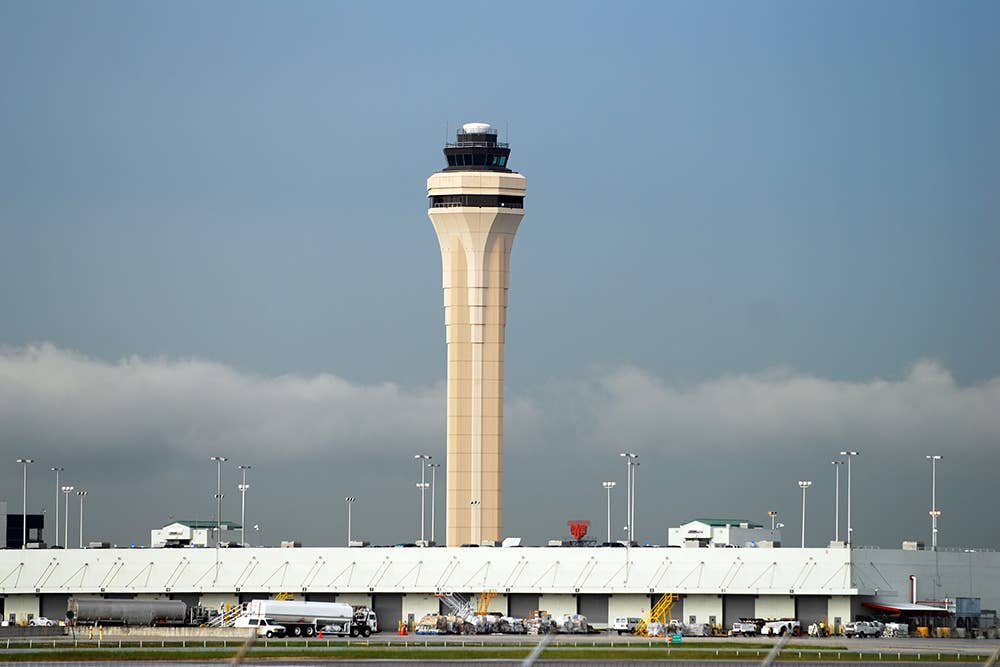The Aviation Business Trend of 2021? SPAC Mania
Blank-check companies spent billions trying to get a jump on this potentially lucrative market.

Joby’s design features six electric-powered tilt rotors that allow the eVTOL to hover like a helicopter and fly like an airplane. [Courtesy: Joby]
One of the most dominant financial instruments during 2021 was the SPAC-IPO. Pitchbook reports that in 2021, 175 special purpose acquisition company (SPAC) mergers were completed, to the tune of more than $63 billion.
In the aviation and aerospace world, a bevy of advanced air mobility (AAM) companies leaned into the opportunity to get access to capital by merging with already public, blank-check companies. The practice presented a faster way to that capital than a traditional IPO, especially as companies eyed a frenzied public market driven by retail investors in search of the Tesla of the sky.
Some of the more notable ones included:
- Blade (NASDAQ: BLDE)
- Joby (NYSE: JOBY)
- Archer (NYSE: ACHR)
- Lilium (NASDAQ: LILM)
- Vertical Aerospace (NYSE: EVTL)
- Eve (Nasdaq: ZNTE)
All of these companies are fighting for a chunk of the urban air mobility space, vying to bring the first air taxis to the market. The SPAC-IPOs above raised more than $2.5 billion, which these companies will use to try to earn certification of their various vehicles.
While many of them have noted numerous pre-orders on their books, those orders are dependent on certification of their vehicles.
Are they making progress? Somewhat. In September, members of NASA’s Advanced Air Mobility National Campaign team visited Joby’s Electric Flight Base near Big Sur, California, to conduct two weeks of testing with the prototype. The tests allowed NASA to collect information about how the aircraft moved, sounded, and communicated with controllers. In July, the prototype successfully completed a 154-mile flight on a single battery charge. Joby’s design features six electric-powered tilt rotors that allow the eVTOL to hover like a helicopter and fly like an airplane.
While Archer completed a hover test of it’s vehicle in December, the overall march toward certification seems relatively slow, but the companies insist the money they raised from selling their companies via the mergers will be enough to see them through certification. That explains why quarterly calls have essentially been a chorus of: “No revenue yet, but we’re growing.”
SPAC Hesitancy
Certification is one thing; total addressable market is another. In another segment of the business aviation industry, Wheels Up (NYSE: UP)—which already had a tangible business, but also decided to go public via a SPAC—faced some headwinds in the third quarter when analysts from Morgan Stanley (NYSE: MS) questioned how big it could grow.
This highlights another consideration of the SPAC-IPO that companies will have to consider: public criticism. Another is redemptions, where shareholders of the original public company sell their shares back after the merger. While this practice is not a death sentence, it was enough to make Volocopter, another large eVTOL company, cancel its SPAC plans.
PIPE Investors Willing to Bet
It hasn’t dissuaded more mature companies from trying to secure their futures though, many of whom like Embraer (NYSE: ERJ), American Airlines (NASDAQ: AAL), United Airlines (NASDAQ: UAL) have all made substantial PIPE (private investment in public equity) investments.
In a PIPE, investors agree to buy a specific number of restricted shares at a specific price, and the company allows investors to resell the shares. It could bring a windfall for early investors who get an early look at the future technology.
2022 for SPACs: More to come
The year ahead will be critical to see what companies emerge. Some, like Deep Space, are just coming into the market. Furthermore, there are plenty of SPACs that have yet to find a target company, and with a two-year deadline—as most have—it’s expected that there will be more SPAC-IPOs.
One to watch is New Vista Acquisition Corp, which launched last February. It’s headed by Dennis Muilenburg, a former CEO of Boeing, and it’s actively looking for a $200 million target company in the sector.
Other Notable Trends In 2021
- Continued M&A deals and consolidation in the fixed based operator (FBO) market
- Widespread adoption of sustainable aviation fuel (SAF)l
- Pull and push of the 5G rollout
What was your top business aviation story for the year? What should we look out for in 2022? Let me know at michael@flying.media.

Sign-up for newsletters & special offers!
Get the latest FLYING stories & special offers delivered directly to your inbox






